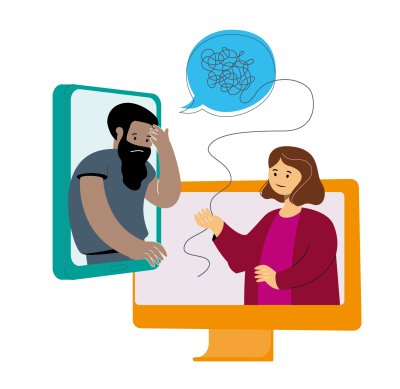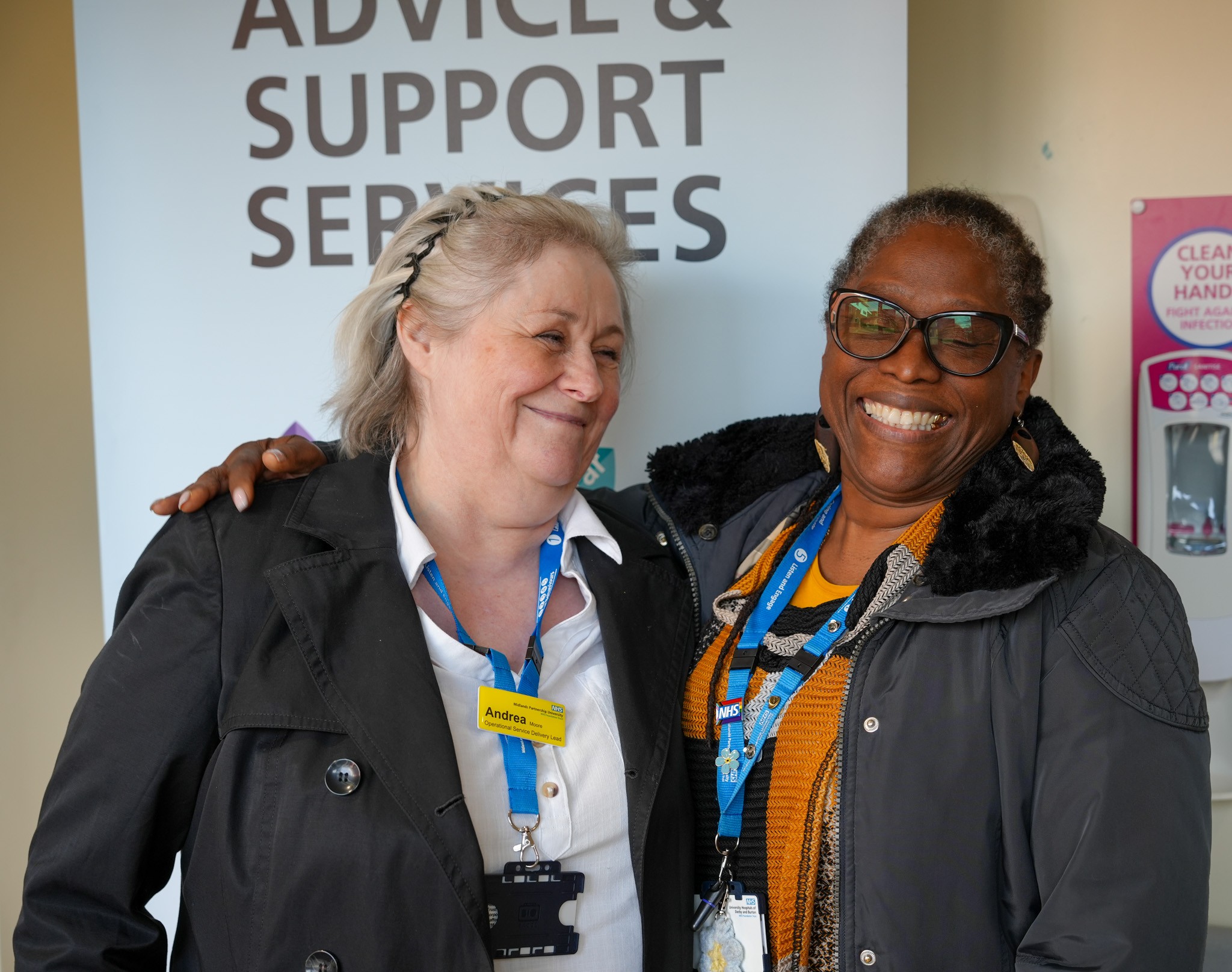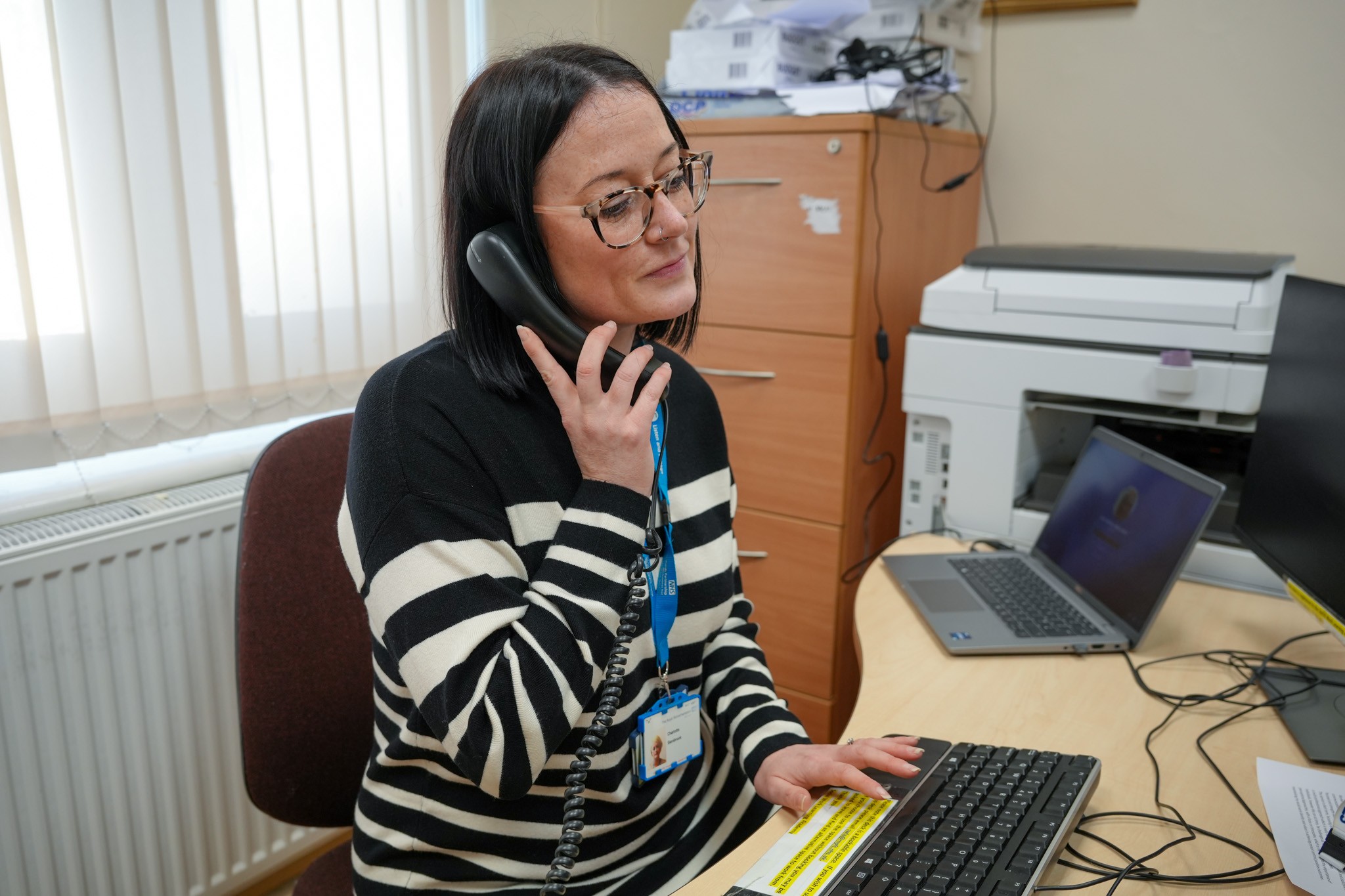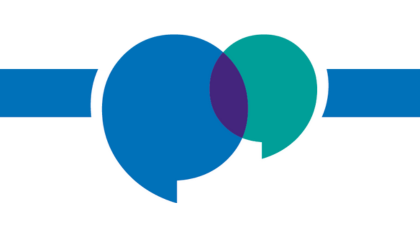Low mood may include a range of symptoms: feeling sad, frustrated, low in confidence or self-esteem, and not getting a sense of enjoyment out of life. It can feel difficult to concentrate at times and often there is a dip in energy levels which can lead to feeling more tired than usual.
Loss of interest in doing things is often experienced towards activities which may have felt easy to do or enjoyable previously, such as engage with hobbies or socialise.
A cycle can start to form: the worse you feel the less you do, the less you do the worse you feel.
We offer four different courses to help break the vicious cycle of low mood.
At assessment we will help you to identify which of the three courses would be the best for you depending on your experience and what is maintaining your low mood.
Lifting Mood and Motivation
This course aims to build understanding of the cycle that maintains low mood and focuses on a proactive, behavioural approach, introducing skills and techniques aimed at increasing motivation at a gradual pace.
It is an 8 week course, each session will run for 1 hour 30 minutes per week.
Catch, Challenge, Change
The course will help you to understand unhelpful thoughts, how our thoughts affect the way we feel, and learn how to begin to challenge them to successfully improve your mood.
It is an 8 week course, each session will run for 1 hour 30 minutes per week.
Mindfulness Based Cognitive Therapy (MBCT)
MBCT is particularly useful for those who have recently experienced their first bout of depression, or perhaps had several periods of depression, and wish to learn strategies to prevent depression returning. You do not need to be currently depressed to take part in the course or having any other treatment with us.
This may be less suitable for some people with other difficulties beyond depression, this can be discussed when you have your assessment.
The course teaches specific mindfulness practices and education about depression. MBCT teaches skills to:
- feel more able to deal with difficult thoughts, feelings, and bodily sensations that contribute to depression
- become more able to notice and allow distressing moods, thoughts, and sensations to come and go without having to battle with them
- make helpful choices about how you look after yourself
- feel calmer when facing life's challenges
It is an 8-week course, each session running 2 hours per week. You would need to be able to participate in a group online (need access to a laptop / tablet) with your camera turned on. The course also requires a commitment to complete brief exercises as well as mindfulness practice (for 30 to 40 minutes a day) for the duration of the course.




